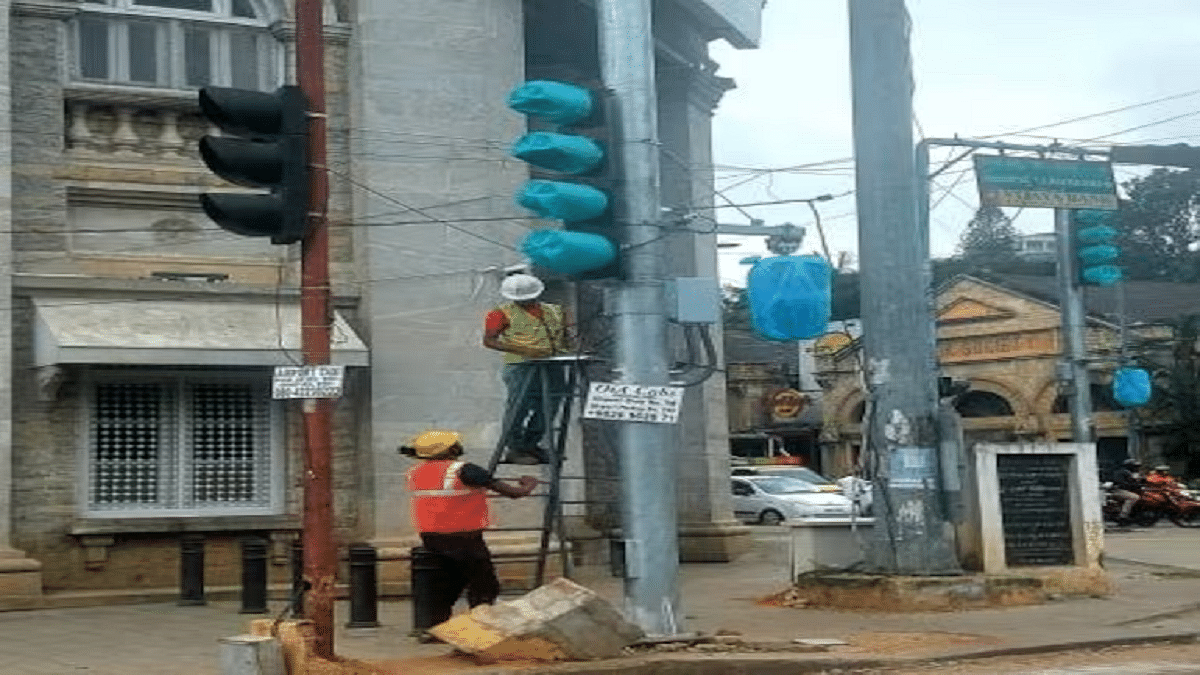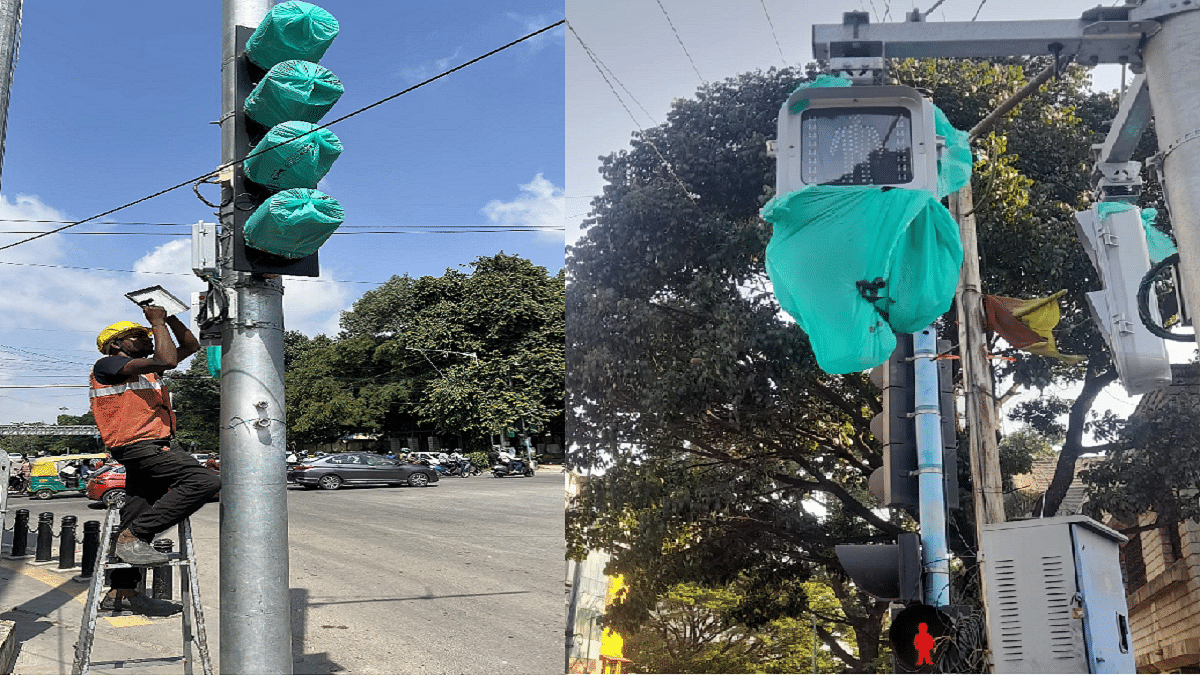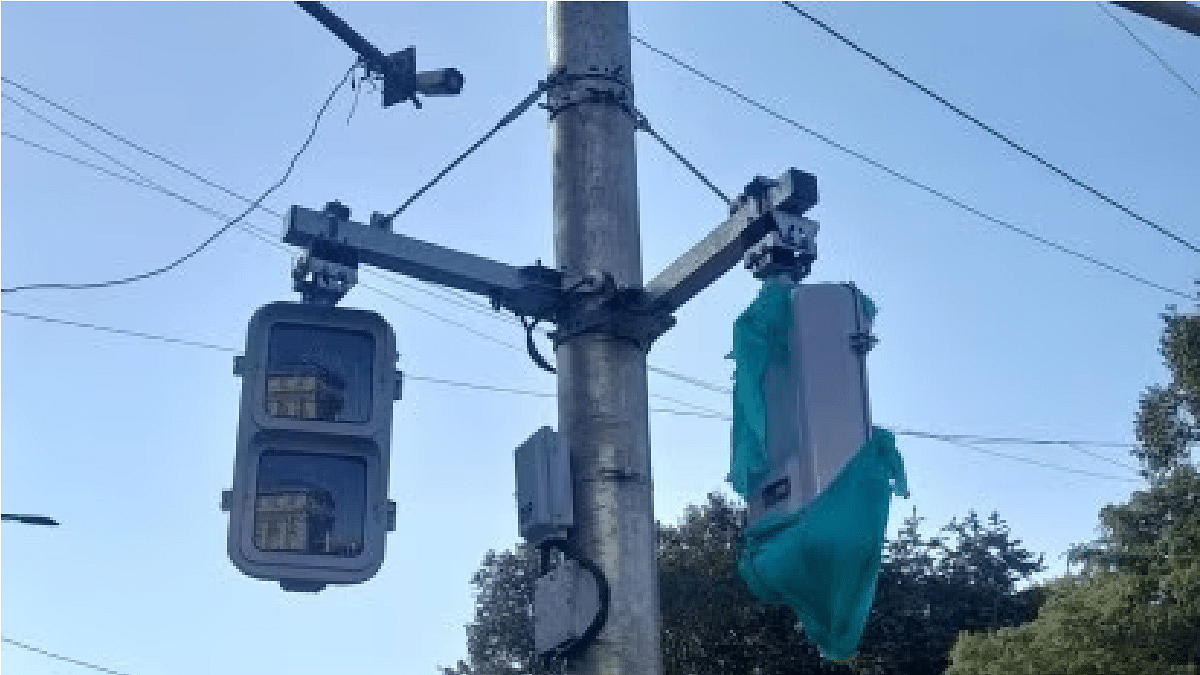Key Highlights
- Bengaluru tests Japanese MODERATO traffic signals for real-time congestion management
- System targets 30% reduction in delays at 28 key junctions, funded by JICA and Nagoya Electric Works
- Ten major congested junctions on Outer Ring Road won’t be covered
In a bid to ease traffic congestion, Bengaluru has initiated trials for a new adaptive traffic signaling system based on Japanese MODERATO technology. Developed to automatically adjust traffic signals based on real-time data, this innovative system holds promise for optimizing traffic flow across the city. Also Read | ChatGPT Website Traffic Drops To Upto 9 Percent First Time Since Launch: Details Inside
Testing Phase And Deployment Plans

Under the supervision of the Directorate of Urban Land Transport (DULT), the testing phase is currently underway at key junctions such as Kensington Road and Murphy Road. The full-scale testing is slated to begin in the final week of February 2024, with plans to roll out the technology across 28 major junctions in Bengaluru by March 2024, pending successful trials.
Project Background And Challenges
The initiative to introduce MODERATO technology began in 2014 but faced delays due to various technical and logistical hurdles. Delays ensued from issues with fixed-timer systems, disruptions caused by the COVID-19 pandemic, as well as underground utility complexities. However, efforts resumed in July 2021, with the project expected to conclude by October 2022.
What Is MODERATO Technology?

MODERATO, short for Management of Origin-Destination Related Adaptation for Traffic Optimization, employs real-time data to manage traffic effectively. By replacing conventional fixed-timer systems, MODERATO’s sensors gauge traffic demand and adjust signals accordingly. The system comprises signals for motorists and pedestrians, along with automatic traffic counters and queue-length measurement systems.
Project Funding And Implementation
Funded by the Japanese International Cooperation Agency (JICA) and executed by Nagoya Electric Works Company Limited, this Rs. 72-crore project aims to enhance traffic efficiency and reduce congestion in Bengaluru’s core areas.
Also Read | Avoid Overspeeding Traffic Challans: How To Enable Speed Limit Warning In Google Maps
Expected Benefits
The adoption of MODERATO signals is projected to reduce delays and queuing at covered junctions by up to 30 percent, thus streamlining traffic management in Bengaluru. This is particularly significant for a city that ranked sixth globally among the most congested cities in 2023, according to TomTom’s traffic index.
Limitations And Scope

The Adaptive Traffic Signal Control System (ATSCS) promises significant improvements. However, it’s important to note that ten major congested junctions, primarily situated on the Outer Ring Road and outskirts of the city, will not be covered by the technology.
Conclusion
Bengaluru’s venture into MODERATO technology marks a significant step towards addressing its traffic woes, with the potential to transform the city’s transportation landscape for the better.
Also Read | Got A Traffic Challan? No Worries! Here’s How You Can Pay It Online
